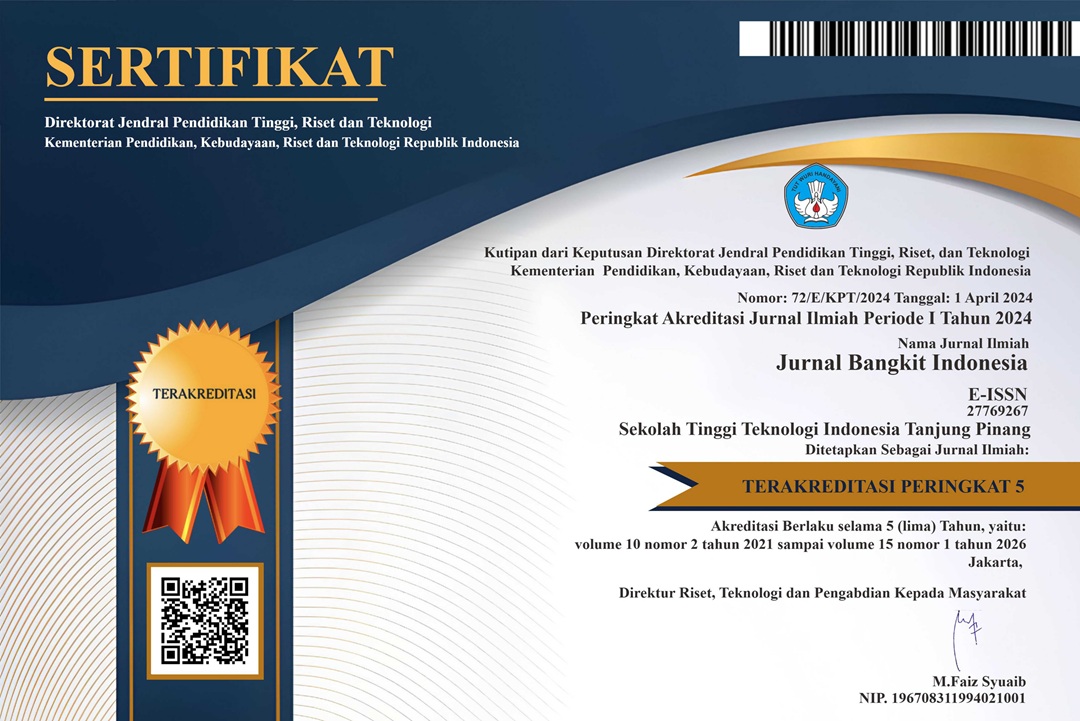Optimasi Textblob Menggunakan Support Vector Machine Untuk Analisis Sentimen (Studi Kasus Layanan Telkomsel)
Abstract
Sentiment analysis refers to Natural Language Processing techniques that are classified as Unsupervised Learning to identify positive, negative, or neutral opinions. Many of these opinions come through Twitter, because social media is quite effective and efficient in commenting because it can only write a maximum of 140 characters. From previous research, the value of the accuracy of the sentiment analysis carried out by one of the NLP libraries, namely TextBlob, has shown that Unsupervised Learning does not produce such good scores. With the Telkomsel service case study the writer took the dataset from Twitter and the results of the analysis with TextBlob only showed a value of 58.59%. Optimization is done by adding the Support Vector Machine method which is included in the Supervised Learning category. The best results obtained from this study are values that show 75%.
Copyright :
Authors who publish their manuscripts in this Journal agree to the following conditions:
The copyright for any article in the Jurnal Bangkit Indonesia by LPPM STT Indonesia Tanjung Pinang is licensed under Creative Commons Attribution-NonCommercial-ShareAlike 4.0 International
The author acknowledges that Jurnal Bangkit Indonesia has the right to publish for the first time with a Licence Creative Commons Attribution-NonCommercial-ShareAlike 4.0 International License / CC BY-NC-SA 4.0
Authors can enter writings separately, arrange non-exclusive distribution of manuscripts that have been published in this journal into other versions (eg sent to the author's institutional repository, publication in a book, etc.), by acknowledging that the manuscript has been published or the first time in the Jurnal Bangkit Indonesia
Licence :
Jurnal Bangkit Indonesia published under the terms of a Creative Commons Attribution-NonCommercial-ShareAlike 4.0 International License / CC BY-NC-SA 4.0 This license permits anyone to to distribute, remix, adapt, and build upon the material in any medium or format for noncommercial purposes only, and only so long as attribution is given to the creator. If you remix, adapt, or build upon the material, you must license the modified material under identical terms.











